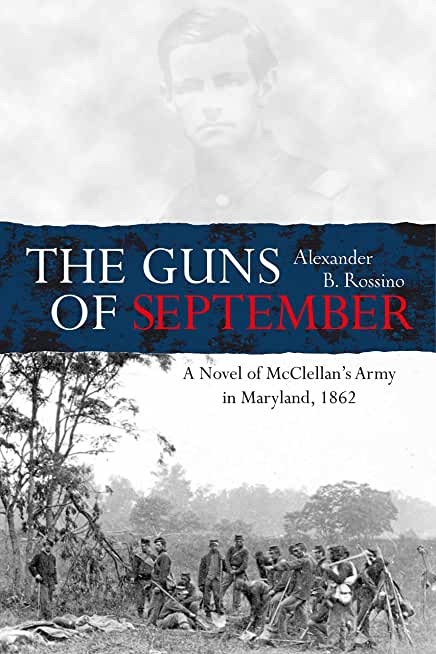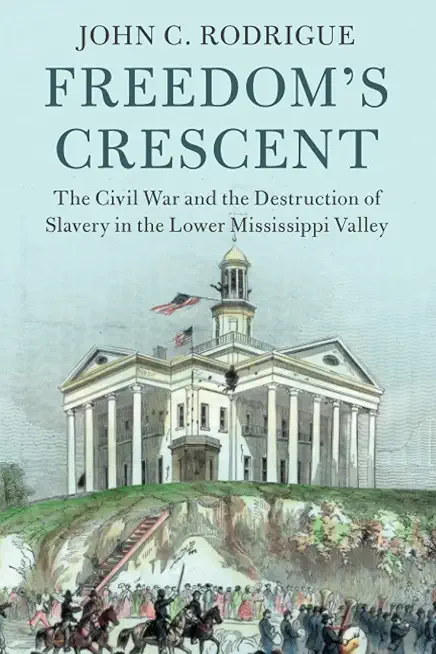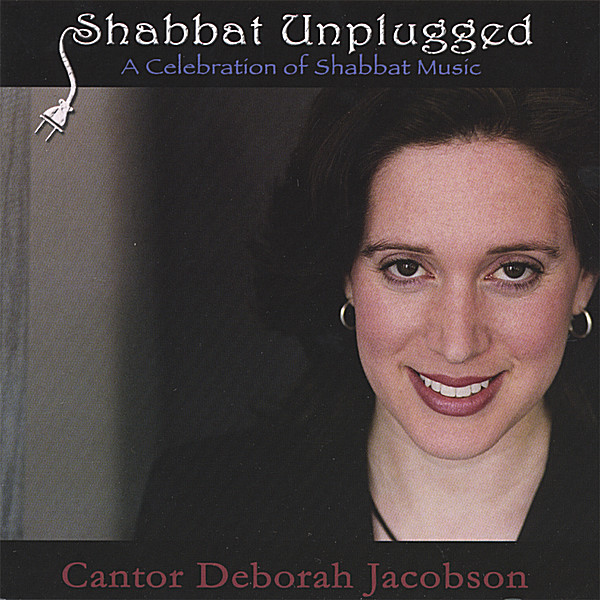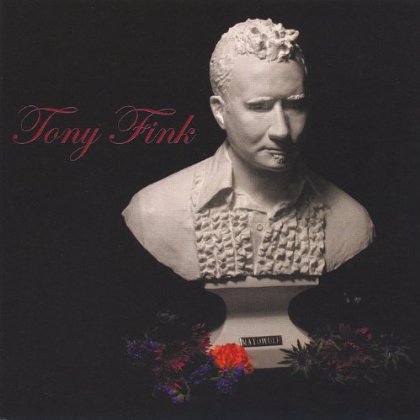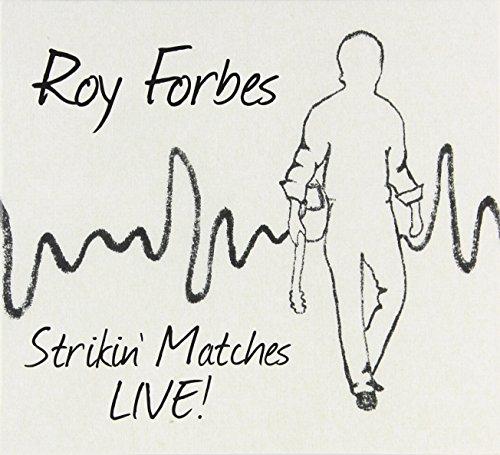
Klem, Monica
product information
description
, pioneers in the women's rights movement, women's medical education, and public-private charitable partnerships joined forces to reduce the incidence of abortion in America. As alumni of the abolitionist movement, they analyzed abortion in ways that resembled their earlier critiques of slavery. Abortion, too, was a structural problem. A self-evidently evil act, it was sustained by the quack doctors and unscrupulous press that it enriched. These advocates believed that women seeking abortions had usually been deprived of their ability to act freely, rationally, and well in the world, almost always by external forces. Thus, they had sympathy for their suffering sisters and pity for their injuries--physical and moral. Early women's rights advocates worked to raise vulnerable women to their feet, providing them with material and moral resources for "self-extrication" from the depths into which they had sunk. The authors of this book have approached their subject critically, examining not just the early women's rights advocates' publicly spoken words, but the networks and institutions that they built. This previously untold story illuminates the early history of women's rights and abortion in America.
member goods
No member items were found under this heading.
Return Policy
All sales are final
Shipping
No special shipping considerations available.
Shipping fees determined at checkout.

